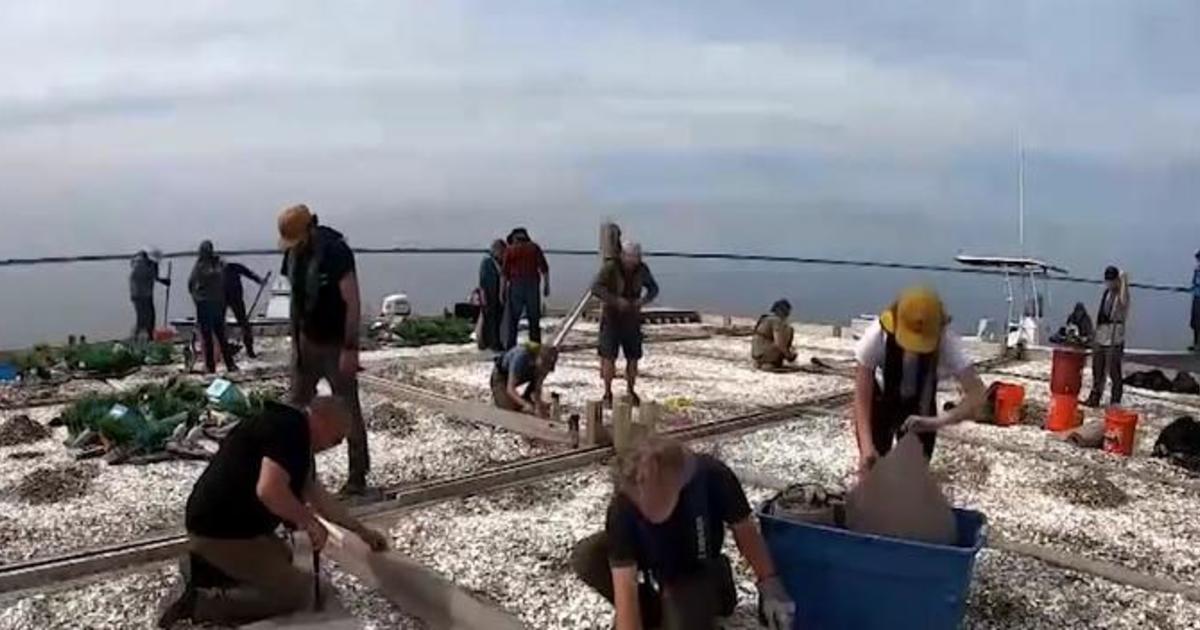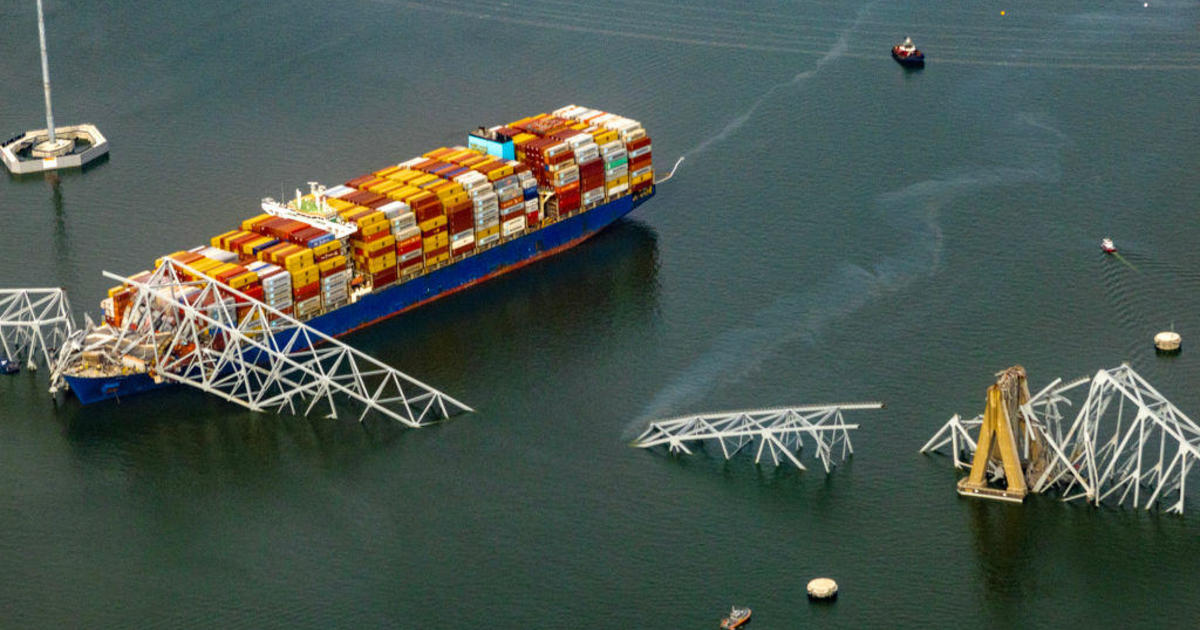Erosion Barriers May Be Hard On The Bay
BALTIMORE (WJZ) -- Hard barriers to stop erosion may be hard on the bay.
Alex DeMetrick reports a lengthy study is finding efforts to hold onto land is also creating some troubled waters.
You can see where land gives way to the bar in areas protected from development---but stopping erosion is often part of a waterview. Stones called "rip rap" act as a buffer and concrete and wooden bulkheads keep property from washing away.
But is the bay paying a price?
"When you put stone or a bulkhead along a shoreline, how does it effect the resources we care about?" said Lee Karrh, Department of Natural Resources.
Researchers have cris-crossed the bay for the past six years to study the effect of hard barriers. One finding:
"The bay grass beds are generally smaller, less dense and less diverse then offshore of natural shoreline," Karrh said.
It takes sand washed off the land to grow underwater grasses, which are critical to crabs, fish and clearer water.
Findings are better when it comes to pollution.
"We don't see a lot of effect of the structures on water quality---a little bit, but not very much. The main thing about water quality is how the watershed is affecting it," said Dr. Thomas Jordan, Smithsonian Environmental Research Center.
Most chemicals and nutrients that feed algae blooms wash into the bay from long distances, not the shoreline. But a living shoreline can help absorb those harmful nutrients, an option to stone using plants and even fallen trees to slow pollution and erosion.
"Natural shorelines are very dynamic. They change from day to day, season to season, year to year. When we do living shoreline projects, we try to maintain that dynamic nature," said Dr. Kevin Smith, Department of Natural Resources.
While the study covers a range of shoreline issues, it boils down to one big question:
"How do we manage our environment to maximize the quality of the habitat and protect our natural resources?" Jordan said.
The study is being funded by a $4.5 million federal grant and runs through next year.



